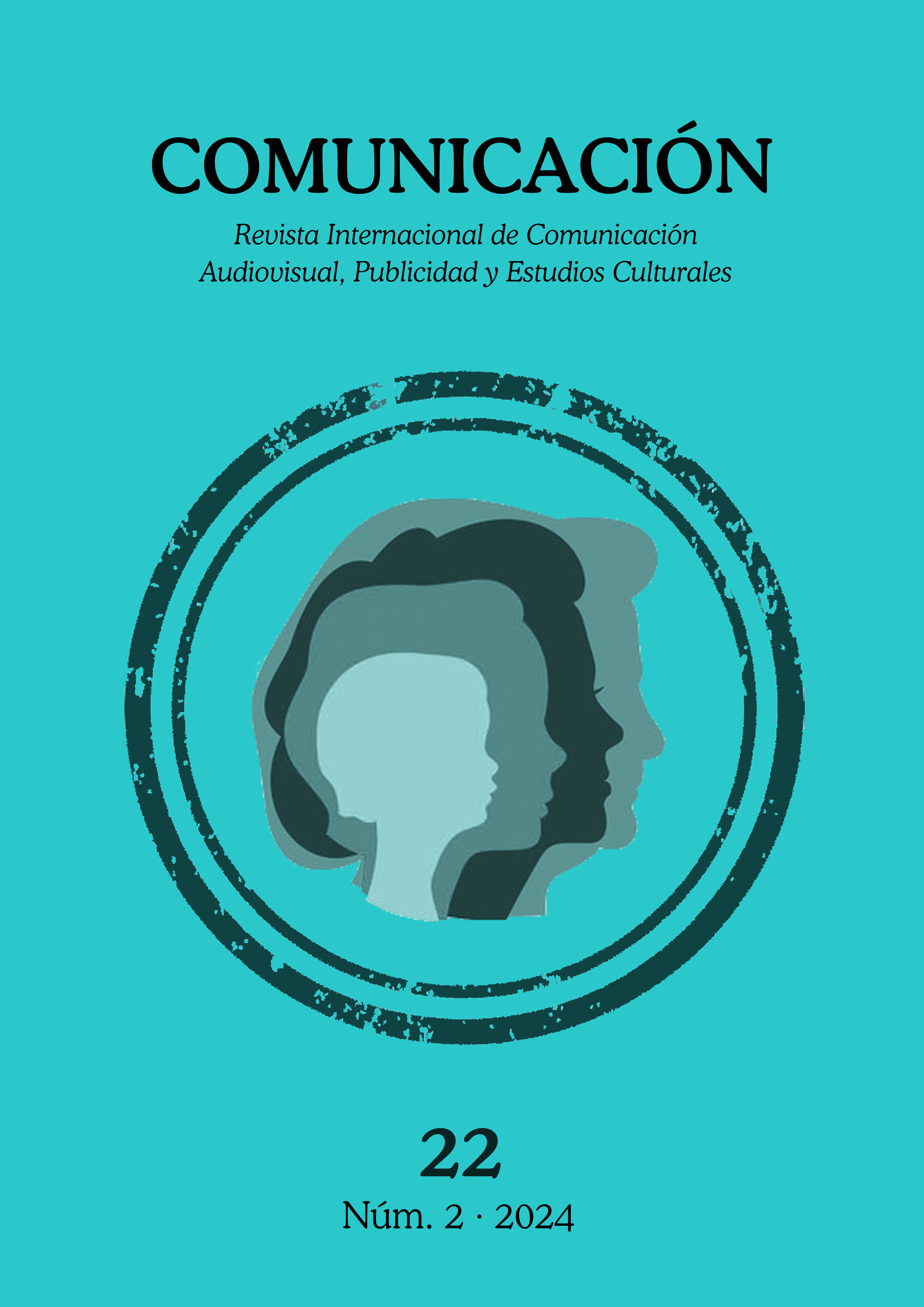Abstract
The work aims to investigate, in the field of communication research, the constitutive characteristics of field cinematographic theories, classified as a new study paradigm by Francesco Casetti, from the founding contribution made by cultural studies. Emerging and consolidated in the last quarter of the 20th century, field theories ask about the multiple cultural and ideological problems that arise in society and are discursively inserted in cinema, while reflecting on the processes of representation, inequality and power that cinematographic discourses possess. Through its three essential features, which imply changes in the relationship between observer and observed object, the formulation of appropriate questions and attention to specific texts, we will recognize the influence of cultural studies in the formation of the paradigm of field theories. based on the interpretive position of the viewer, cinematographic analysis with sociocultural purposes and the critical-reflexive look at cinema and its condition as a mass and hegemonic communication media.
References
Barbero, Jesús Martín (1987). De los medios a las mediaciones: comunicación, cultura y hegemonía. Barcelona: Gustavo Gilli.
Casetti, Francesco (2005). Teorías del cine (1945-1990). Madrid: Cátedra.
Deleuze, Gilles (1987). La imagen-tiempo. Estudios sobre cine 2. Barcelona: Paidós Ibérica.
Elsaesser, Thomas, y Hagener, Malte (2010). Introducción a la teoría del cine. Madrid: UAM Ediciones.
Grossberg, Lawrence (2012). Los Estudios culturales en tiempo futuro. Buenos Aires: Siglo XXI Editores.
Hall, Stuart (1980). Codificar y decodificar. En: Hall, S., Hobson, D., Lowe, A. y Willis, P. (Eds.), Cultura, Media, Language (pp. 129-139). Nueva York: Routledge.
Hall, Stuart (1984). Notas sobre la deconstrucción de «lo popular». En: Samuel, R. (Ed.), Historia popular y teoría socialista (pp. 93-111). Barcelona: Editorial Crítica.
Hebdige, Dick (2004). Subcultura. El significado del estilo. Barcelona: Paidós Ibérica.
Kuhn, Thomas (2004). La estructura de las revoluciones científicas. Buenos Aires: Fondo de Cultura Económica.
Lakatos, Imre (1987). Historia de la ciencia y sus reconstrucciones racionales. Madrid: Editorial Tecnos.
Reichenbach, Hans (1961). Experience and prediction. Chicago: The University of Chicago Press.
Rincón, Omar, y Marroquín, Amparo (2018). Los aportes del popular latinoamericano al pop mainstream de la comunicación. Perspectivas De La Comunicación, 11(2), 61–81.
Stam, Robert (2001). Teorías del cine. Una introducción. Barcelona: Paidós Ibérica.
Verón, Eliseo (1993). La semiosis social. Fragmentos de una teoría de la discursividad. Barcelona: Gedisa.
Williams, Raymond (2011). Cultura e Materialismo. San Pablo: Unesp.

This work is licensed under a Creative Commons Attribution-NonCommercial-ShareAlike 4.0 International License.
Copyright (c) 2024 Santiago López Delacruz


